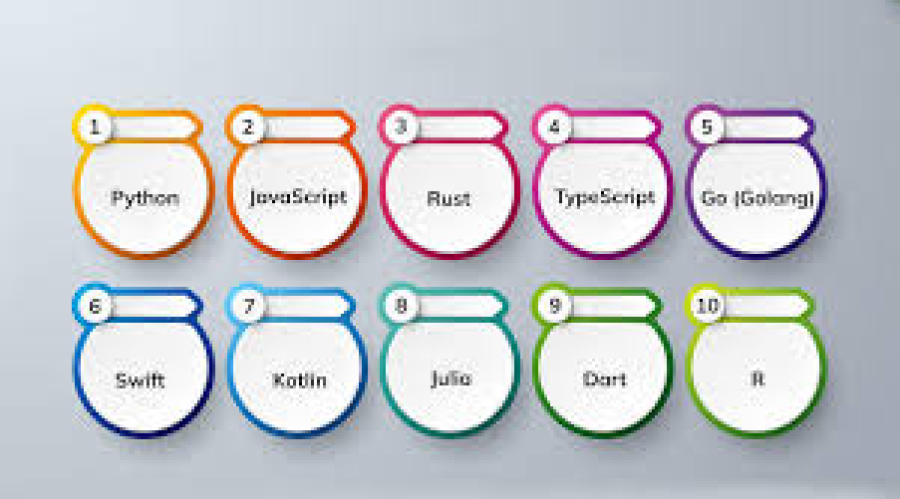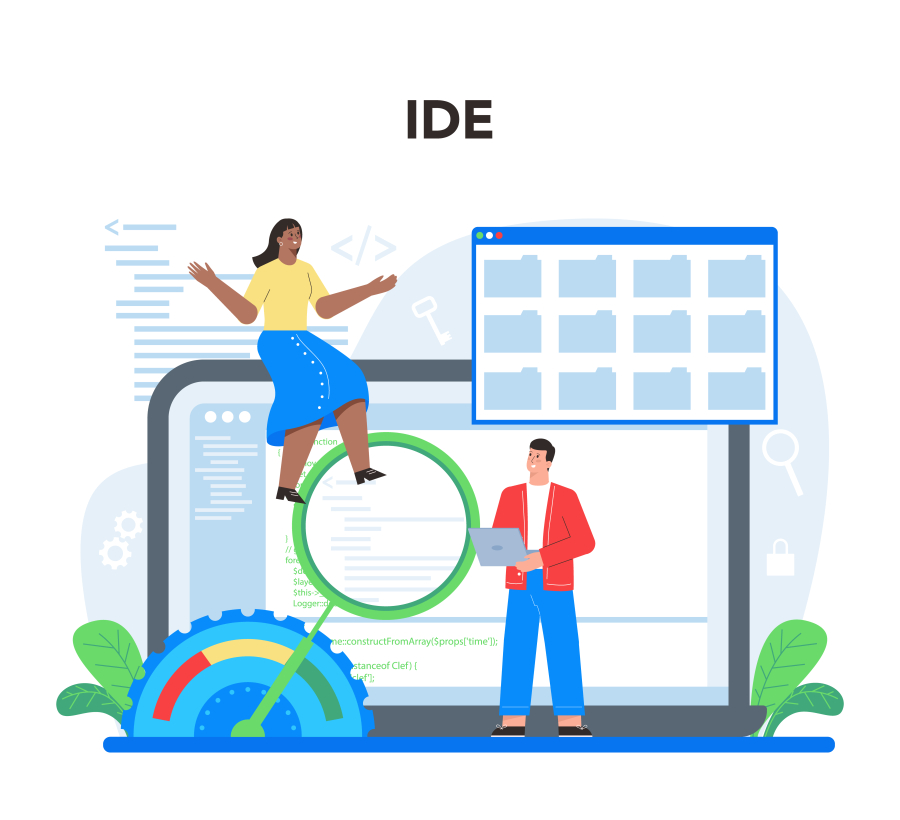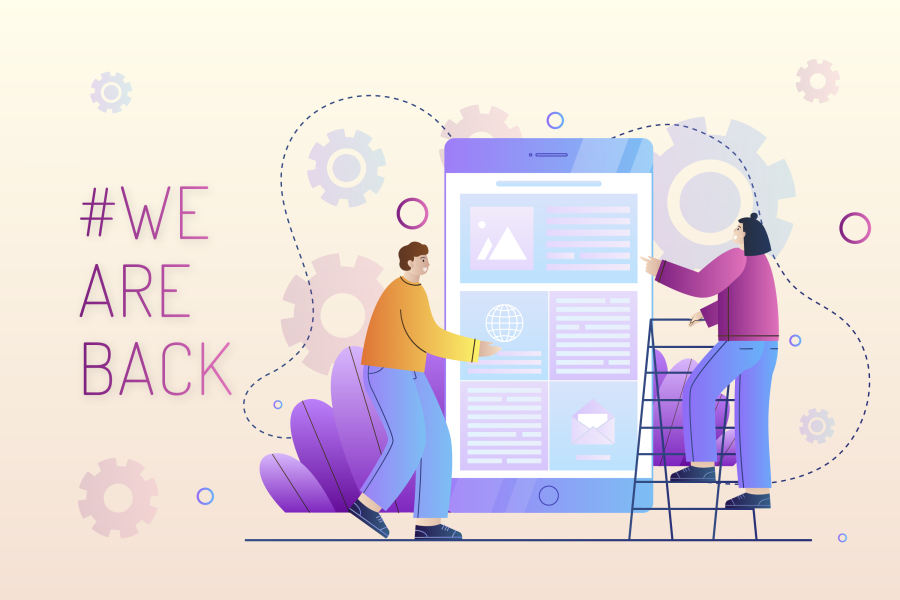Best GitHub Repositories for Learning to Code
GitHub has become more than just a code-hosting platform; it’s a goldmine for anyone looking to learn programming efficiently. For beginner and intermediate freelancers, learning directly from open-source projects and educational repositories on GitHub offers real-world exposure. In this article, we’ll explore the best GitHub repositories that can help you sharpen your coding skills and make your freelance profile stronger.
Long Description
1. Why GitHub Is Valuable for Learning Code
GitHub is home to millions of repositories, many of which are designed to help developers learn. Whether you’re starting with HTML, JavaScript, Python, or exploring more advanced topics like machine learning or full-stack development, GitHub offers structured resources, sample codebases, documentation, and collaborative tools. This makes it a perfect place for freelancers to gain practical coding experience.
2. Benefits of Learning from GitHub Repositories
Hands-on Experience: You get to see how real-world projects are built and maintained.
Version Control Skills: Learning Git and GitHub usage is essential for remote freelance work.
Community Involvement: You can follow contributors, ask questions, and even contribute.
Portfolio Development: Clone and modify projects to build your freelance portfolio.
3. Top GitHub Repositories for Learning to Code
freeCodeCamp / freeCodeCamp
This repository is one of the most popular and comprehensive resources to learn full-stack web development. It includes interactive coding challenges and real-world projects in HTML, CSS, JavaScript, Python, and more.
Why it’s useful:
Covers frontend and backend.
Structured certifications.
Ideal for building real-world freelance projects.
EbookFoundation / free-programming-books
A massive collection of free learning resources covering almost every programming language and tech domain. It includes books, courses, and tutorials.
Why it’s useful:
Excellent for self-paced learners.
Links to free online programming books in multiple languages.
Great reference for upskilling as a freelancer.
developer-roadmap / roadmap
This visual roadmap helps learners understand the steps to become a frontend, backend, or DevOps engineer. It’s ideal for planning your freelance learning journey.
Why it’s useful:
Roadmaps for various career paths.
Updated regularly.
Includes links to learning materials.
Codecademy / learn-java
This repository offers beginner-friendly Java tutorials that are well-structured for self-learning. Java is especially useful if you're targeting enterprise freelance gigs.
Why it’s useful:
Beginner focused.
Includes exercises.
Good for backend and Android freelancers.
kamranahmedse / design-patterns-for-humans
Learning software design patterns can elevate your freelance development projects. This repo explains them in plain language without overwhelming academic jargon.
Why it’s useful:
Simplified design pattern concepts.
Ideal for improving code structure.
Makes you a better software architect.
ossu / computer-science
If you want a full computer science curriculum equivalent to a university degree but self-taught, this open-source syllabus is a game-changer.
Why it’s useful:
Covers data structures, algorithms, and systems.
Highly structured.
Builds a strong CS foundation for complex freelance projects.
The Algorithms / Python
This repo contains well-explained algorithms implemented in Python. Perfect for improving your problem-solving skills, which is essential in freelance technical interviews and client projects.
Why it’s useful:
Practice coding problems.
Great for understanding algorithm complexity.
Adds depth to your freelance profile.
jwasham / coding-interview-university
This is a comprehensive study plan for cracking technical interviews at top companies. While it’s geared toward job seekers, freelancers can use it to upskill in core areas like algorithms, systems design, and databases.
Why it’s useful:
Covers everything from scratch.
Extensive content on data structures and system design.
Builds confidence for freelance coding assessments.
4. Tips to Learn Effectively from GitHub
Start with Forking: Fork a project and try to understand its folder structure and logic.
Follow README Files: These often act as documentation and guides.
Use Issues and Discussions: Engage with the community to solve doubts.
Contribute Gradually: Start with documentation or minor bug fixes to get comfortable.
5. How to Showcase Your Learning in a Freelance Portfolio
Clone and Customize Projects: Modify repositories to build your own versions of apps.
Document Your Learning: Add clear README files in your GitHub to show what you learned.
Highlight Contributions: Share pull requests and issues you’ve resolved.
Link GitHub to Your Freelance Profiles: Showcase your learning and activity.
6. Final Thoughts
GitHub is not just a tool for storing code — it’s an education hub for freelancers looking to grow. By following the right repositories, you can learn new skills, practice coding, and even collaborate on open-source projects. Over time, these efforts can directly enhance your credibility, trustworthiness, and value as a freelancer.


 by Emily
by Emily




